What you need to know:
- Being human means being capable of symbolic and abstract thought, which is often expressed through art- Kiprop
Kiprop Kimutai is a fiction writer whose works have appeared in Kwani? Trust, Prufrock and No Tokens. He's a 2019 Baldwin fellow, 2022 Open Society's Oral History and Literature fellow and served as a guest instructor for Creative Writing for the Open Society University Network (Osun) Hubs for Connected Learning Initiatives.
1. You've written in Kwani? before, which was one of those Kenyan publications that were historically significant for the literary scene. Did that make you feel like a big deal, like you had arrived?
I am not interested in arriving. I only want to explore and discover, and to keep on with this mission in my storytelling. That is what makes the art of writing exciting, articulating the unknown. I got published in Kwani? after being published in other, similarly exciting magazines. I'm happy my stories found a home in Kwani? and in those other publications. At my heart is Jalada Africa, for I am one of the founders of the magazine. Still, I want my stories to travel far and wide, to places I may never visit, to readers I will never meet.
2. As a writer, it's pretty hard to say you have a five year or 10-year plan because our profession is fluid; hard to plan or measure. What is it that you think writers should do about their futures, and planning - especially in terms of pensions, and in the absence of writing bodies that ensure continuity and survival?
I believe in having a legitimate source of income, and the easiest, most accessible legitimate source of income is keeping a job. We live in a material, capitalist world. Living in a country whose welfare programme is not robust makes it worse. At the very least, have a job to ensure yourself a source of livelihood. It doesn't have to be formal. You can be frying fish at Gikomba or having a tomato farm in Kitengela, or minding a corner kiosk. Sell a skill, a service, or a product, so that you keep healthy and well enough to make your art.
3. It's been a busy year for you, writing, submitting, looking for work, and producing children's books - what project are you currently working on, and why did you choose to take that project?
I am doing a lot of research on oral history with a marvellous group of young researchers from across Eastern Africa. I'm very interested in the oral histories of Kenyans who have lived along the Kerio Valley across generations. I was also contracted by Toni Kamau and Peter Murimi, from “We are Not the Machine”, to write essays for their documentary project, “I am Samuel” . They have just released a scripted podcast on the same that came out this week, called “After the Credits Roll”. You can listen to it on Nipe Story, wherever you find your podcasts. Toni and Peter are interested in exploring Kenyan stories that are seldom untold. Many of the stories tackled by “We are Not the Machine” tap into the grit and determination of Kenyans across the board. They define a distinctly Kenyan way of hoping.
4. Every writer has a work of art, or a piece of writing that they swear by, - either one that they refer to as the 'gold standard,' or one that made them a writer. Which one is yours?
I do not wish to choose between my children. Even if there is a favourite, it should remain unstated. I'm lost in the mirth of writing a number of stories at the moment, many of which bend time, place and reality. One actually involves an extant dinosaur.
5. There's been a lot of censorship in the creative world lately, what with our local classification board insisting on taking particular content on paid Tv platforms, and our tax authorities going after content creators' fees. Does it feel like once again we are on the crest of a wave of either revolution or collapse, as the creative community? What do you feel about how the scene looks right now?
Art is part and parcel of our humanity. It will always exist and be produced, whether on paper, on the walls of an abandoned cave, on a pair of jeans, on tree trunks, etcetera . Being human means being capable of symbolic and abstract thought, which is often expressed through art. We cannot stop it. It is in our DNA. I am not an expert on tax and cannot speak about it. All I know is that as long as we are here, we will create and share our art. That alone should offer us redemption.


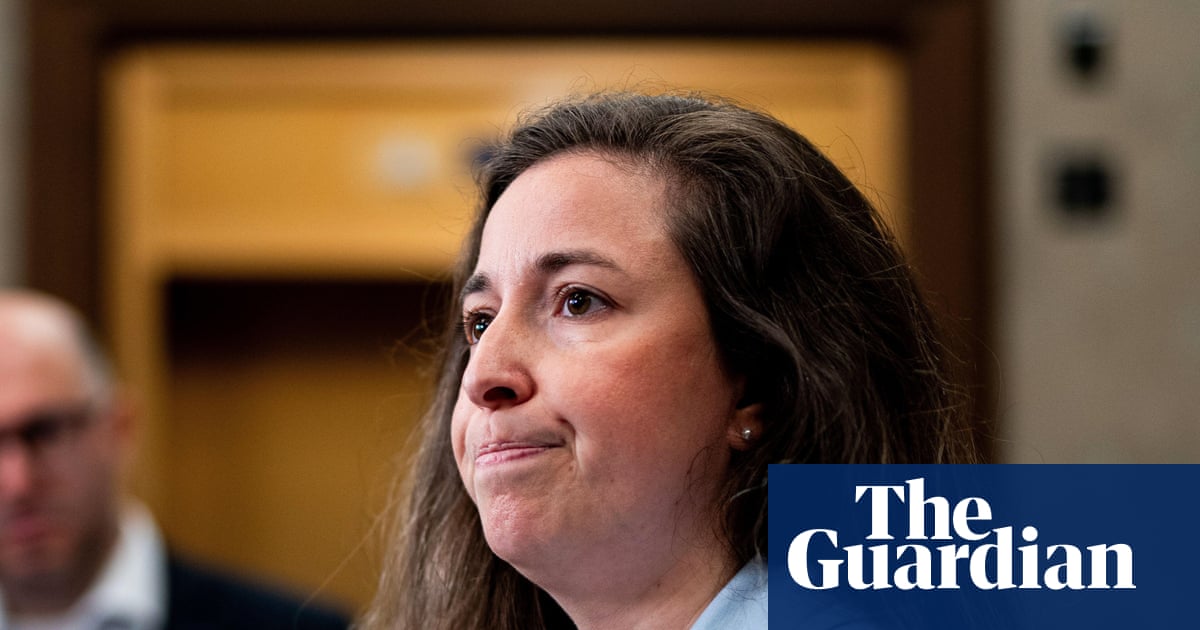
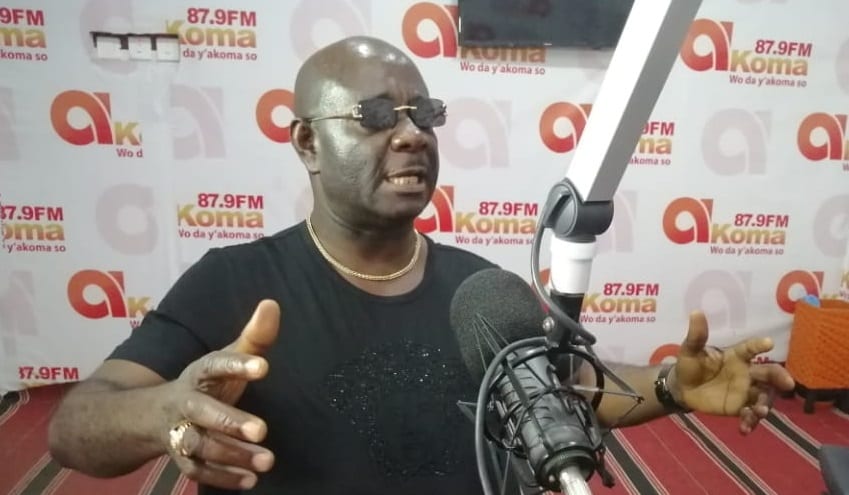


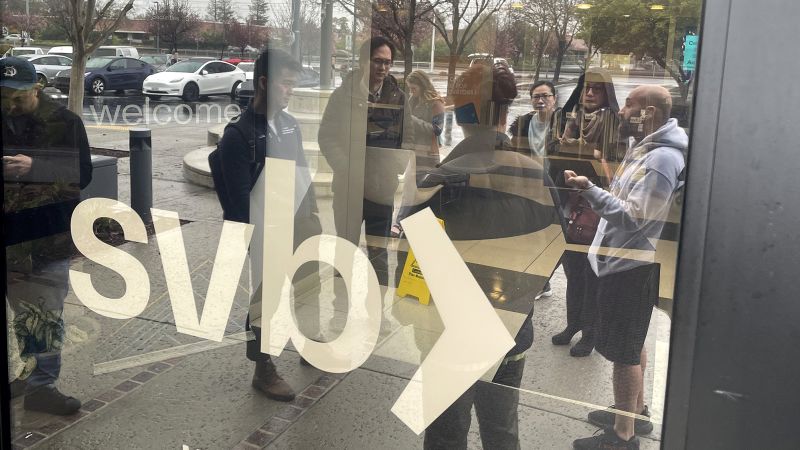
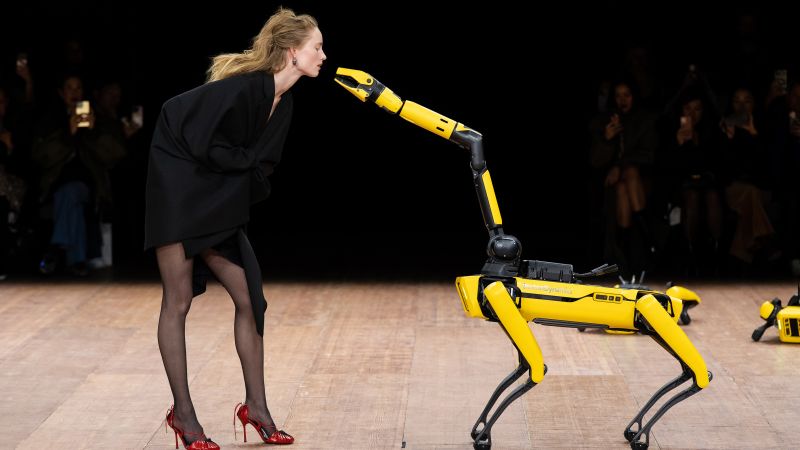
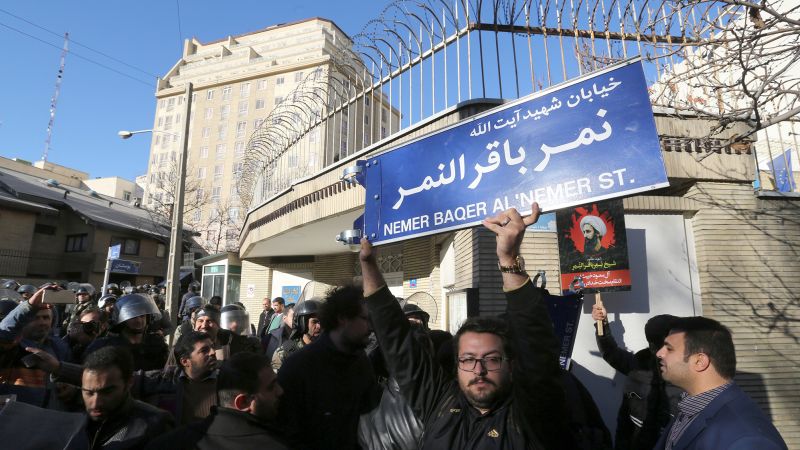
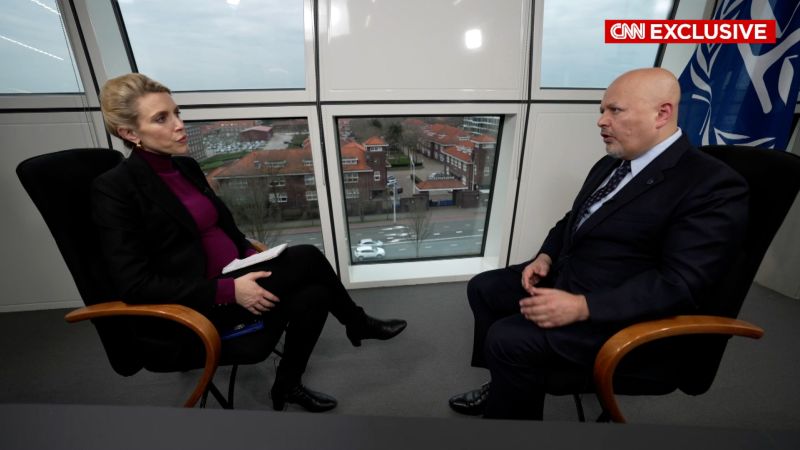
 English (US)
English (US)